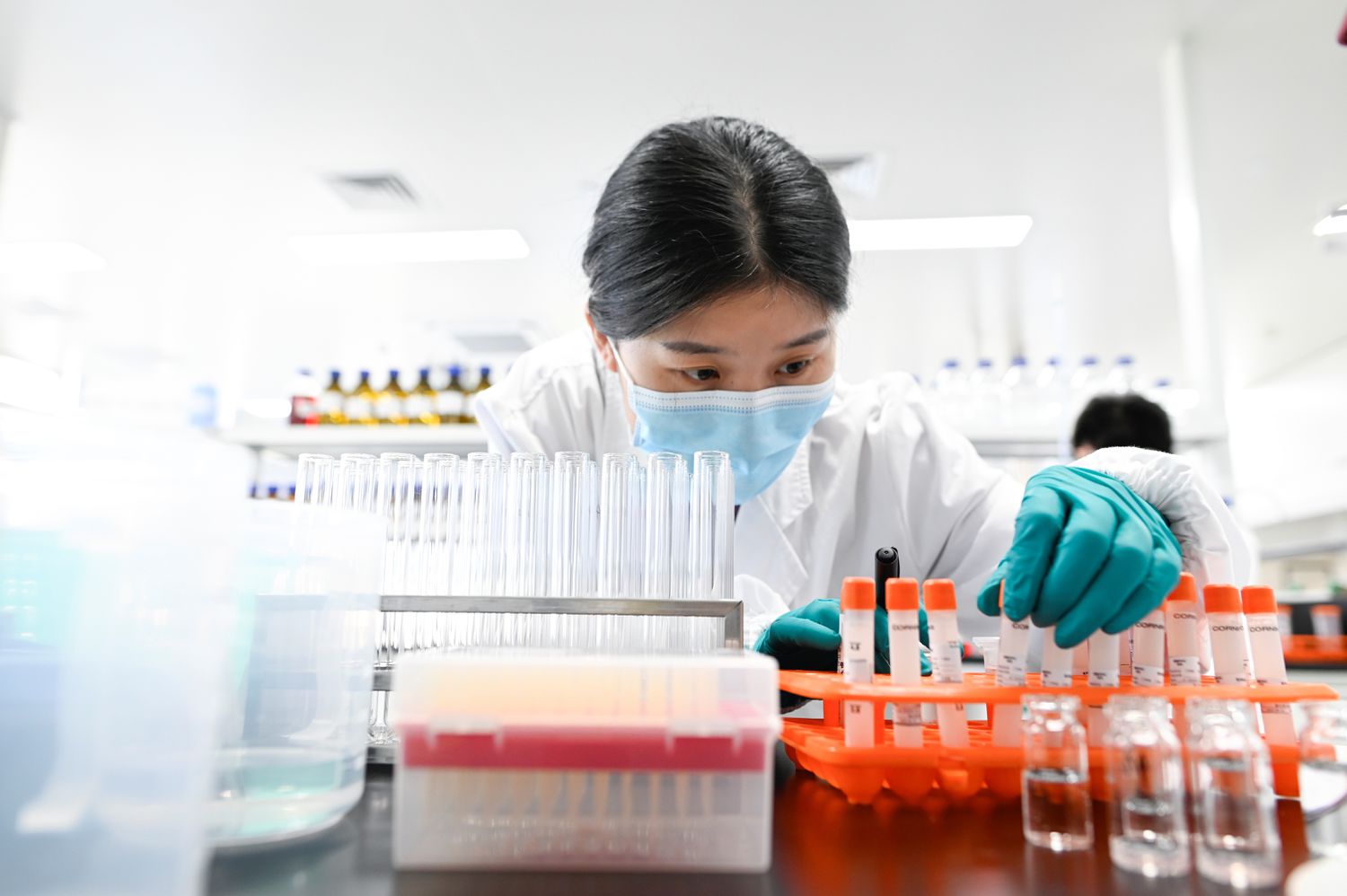The preliminary results presented by the pharmaceutical companies Pfizer-BioNTech and Moderna on the effectiveness of their respective experimental vaccines against covid-19 have opened a hopeful horizon for the economic sectors most affected by the health crisis.
Bars, hotels and airlines, among other businesses , see the end of mobility restrictions and capacity limitations a little closer after many months of the pandemic.
A journey that happens, necessarily, because the clinical trials end successfully, the Spanish Medicines Agency (AEMPS) approves the antigens and there are enough doses to immunize a very relevant percentage of the population.
However, in this process towards the old normality prior to the coronavirus, the management of the companies may run into a stumbling block: the resistance of the workforce to be vaccinated . The scenario is not ruled out.
According to a survey published by EL PAÍS, one in three Spaniards is reluctant to inject antigens against Sars Cov-2, either because they prefer to wait for a certain time to pass (37%) or because they do not even consider doing so (13, 1%). In this context, the question of whether it is possible to impose immunization to preserve safety in the workplace is timely.
In the legislation, the only rule that explicitly refers to vaccination in the workplace is Royal Decree 664/1997, on the protection of workers against the risks related to exposure to biological agents.
In a brief mention, the decree establishes that when employees are exposed to a disease for which there are effective vaccines, “these must be made available to them.”
However, as Rosario Rodríguez, Garrigues associate lawyer, points out, “this regulation is strictly applied to a specific list of professions in the biosanitary sector, such as doctors, nurses and laboratory technicians, and always under the principle of voluntariness”.
In other words, the company has a duty to offer the treatment, but ultimately, it is the employee who decides whether to submit to it or not.
On the other hand, the Occupational Risk Prevention Law (LPRL) provides that companies, as ultimately responsible for ensuring the safety and hygiene of their employees at work, may schedule medical check-ups.
“These reviews will be mandatory when provided for by agreement, but will only serve to check the health status of the worker and, if necessary, terminate him,” says Félix Pinilla, coordinator of the UGT legal services.
It is obvious, therefore, that the current legal framework puts the right of the employee to decide on his body before the protection of the health of colleagues and clients. However, should this criterion be maintained in a pandemic context such as the current one?
The professor of Labor Law at the University of Valencia, Adrián Todolí, understands that yes, except in the “most extreme” cases where the covid represents a serious and imminent danger to the lives of third parties, as occurs in the residences of elderly or in health centers.
“Obviously, in these cases it would be legitimate to go a step beyond medical check-ups and demand vaccination,” says Todolí.
The jurist, however, clarifies that if there were a conflict (due to an employee’s refusal to inject himself) and this resulted in a disciplinary dismissal, the termination would probably end up being declared inadmissible “as there is no legal basis to justify the termination of the contract”.
Precisely, in order to compensate for the regulatory void, some specialists are betting on requesting forced vaccination before the courts in advance through the Organic Law of Special Public Health Measures, alleging reasons of urgency and necessity.
“If the judge accepts the petition, the worker has no choice but to inoculate himself to keep his job,” says Eduardo Gómez, a partner at Dentons. The lawyer points out, yes, that only businesses that have a strong health reason would have access to the judicial process. Or put another way, “simple economic or productive reasons cannot be alleged.”
Federico de Montalvo, president of the Bioethics Commission of Spain, adds that the voluntary regime on vaccinations also ceases to be applied if the Ministry of Health orders the administration of the drug to the whole of society or to certain workers based on the aforementioned public health law.
De Montalvo, an expert in constitutional law, is convinced that this would be the most appropriate way to tackle resistance in companies, since it would avoid “many legal and ethical dilemmas”.
An opinion shared by the labor worker Enrique Ceca, partner of the Ceca Magán law firm, who is committed to an immunization decree that allows companies to “proceed to the objective dismissal of those people who insist on disobeying due to supervening ineptitude.”
Both experts stress, however, that a coercive labor measure would be the last option and should be applied in a very restricted way, taking into account the rights at stake.
At the moment, the Government is not considering imposing the future inoculation against COVID either inside or outside the work centers because, according to the Minister of Health, Salvador Illa, this strategy has not yielded good results in other countries.
“We think that giving the citizens correct information and telling them the truth will be enough to achieve high vaccination rates,” he said this week in the Senate. Many companies keep their fingers crossed that this is the case.



 Bitcoin
Bitcoin  Ethereum
Ethereum  Tether
Tether  XRP
XRP  Solana
Solana  USDC
USDC  Cardano
Cardano  TRON
TRON  Lido Staked Ether
Lido Staked Ether  Avalanche
Avalanche  Toncoin
Toncoin